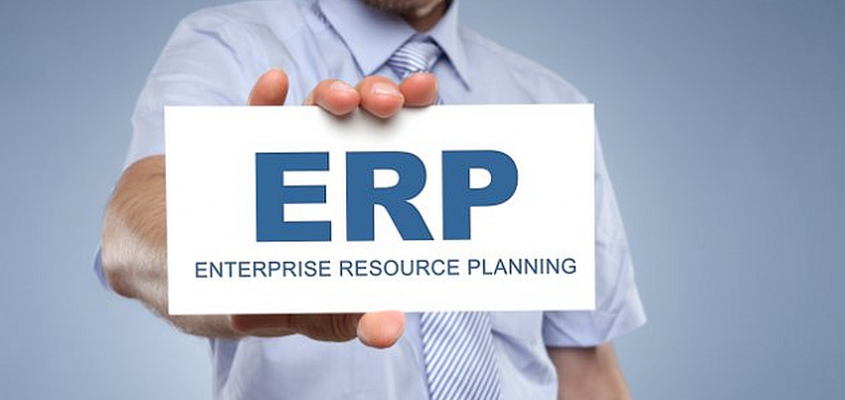The ERP market is large and diverse. That's why it's not easy to define the framework of the criteria in such a way that in the end the right one is found ERP system Is found. One criterion is integrated accounting. But for which companies does this make sense? Did the waiver of a financial management any benefit at all? To answer these questions, we show the various options in the area of ERP and accounting.
Before we turn to this topic, here are the main tasks of an accounting department:

Accounting tasks
On the one hand it is the recording of the movement of goods, i.e sale and purchasing. In addition, you can also record all other expenses in it, such as Rent, internet and insurance. Reports to authorities also go to accounting. The same applies to all payment transactions with suppliers or customers. Furthermore, each cost accounting, the reporting, Dunning and inventory in the field of financial management.
In ERP systems accounting is either a necessity or used as an actual source of information. Every company differs from the next. However, the options in the area of ERP and accounting can be divided into three variants.
ERP even without integrated accounting
For one thing, there is ERP solution, the whole without accounting is working. For small companies in particular, there is often no reason to integrate financial management into the ERP system, as they can leave the bookkeeping entirely to the tax consultant. In addition, the necessary qualifications for this area of responsibility are often not available.
In a non-integrated bookkeeping, usually only the purchases and sales are processed. bills and receipts are handed over to the person responsible, which are then recorded and processed accordingly for the tax.
Of course, there is always a disadvantage when employing a professional Price. Furthermore, a company should always keep an eye on the most important figures. It is also good if customer payments go through a desk in the company to be managed there.
Connect accounting via interface
There is also the option of accounting per interface in the ERP system to integrate. This option is usually used when no accounting is integrated in the system or the company already has good accounting software. This accounting software is managed in-house.
All purchases and sales are transferred from the ERP system to the accounting software via the interface. In addition, characteristics can be defined in the ERP system that ensure the correct process in the accounts and the posting of the value added tax care for. Other expenses such as electricity or telephone are processed by the accounting with debit and credit postings and official reports are also recorded in the accounting software.
With interface communication between the ERP system and accounting, a company gets a good overview of the company's figures. The only task where a tax consultant should be consulted is the annual accounts and the balance sheet. Data exchange can be problematic here with an interface integration of accounting. Depending on interface there may be difficulties in keeping the data up-to-date. As a result, evaluations or cost calculations are not really reliable.
Integrated accounting and its advantages
The third option is, of course, that of the ERP system, in which accounting is already integrated. The advantage is that well-founded evaluations and cost accounting possible because the data is already in the system.
Purchases and sales are automatically integrated into accounting. Articles, customers and suppliers can be set up so that everything is booked correctly. Other purchases are returned with the debit and credit posting detected. Official reports are directly integrated into accounting and can be created there.
through the integration all data is updated in real time. On the one hand, this eliminates data maintenance in both systems and the risk that arises from this.

Posting periods in SAP Business One

E-bill master data and settings in SAP Business One

Moving average price in SAP Business One

SAP Business One - Open items

GOBD and GOBD myths



